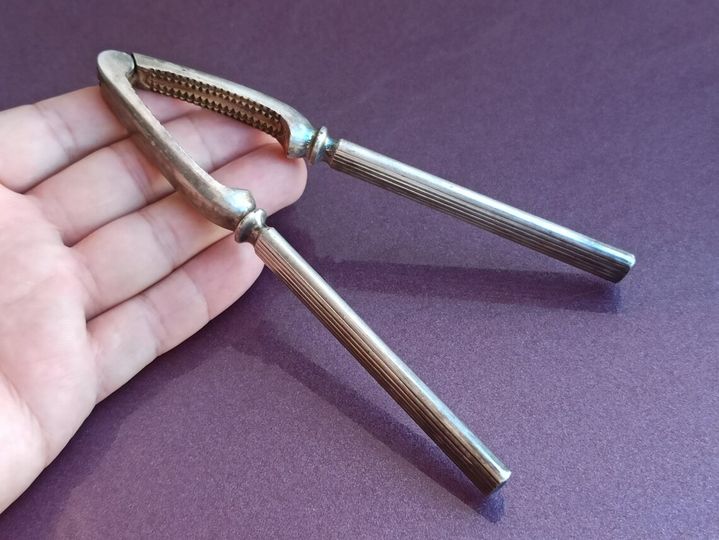The Vintage Nutcracker: History, Usage, and Legacy
A Glimpse into History Vintage nutcrackers have a rich history, dating back to ancient times when cracking nuts required ingenuity and strength. These devices evolved from simple handheld tools to intricate, decorative pieces. The earliest known nutcrackers, made of wood in basic lever styles, date back to the third century B.C. By the 15th century, European craftsmen, especially in Germany, created elaborate and artistic nutcrackers depicting figures from folklore and daily life.

Usage: Function Meets Art
Nutcrackers originally served a functional purpose: cracking the hard shells of nuts to reveal the edible kernels. Early designs were straightforward, using the lever principle to apply pressure and break the shell.
Over time, nutcrackers became more than just kitchen tools. In the 18th and 19th centuries, they reflected regional artistic and cultural trends. German nutcrackers, particularly from the Erzgebirge region, became known for their craftsmanship and creativity, often taking the form of soldiers, kings, and other figures. The most famous design, popularized by the Nutcracker Ballet, features a toy soldier, now a beloved Christmas symbol.
The Legacy of Nutcrackers
Today, vintage nutcrackers are treasured collectibles. They blend utility and art, showcasing the craftsmanship and cultural significance of their eras. Collectors and antique enthusiasts seek these pieces for their historical value, intricate designs, and nostalgic charm.
In modern times, vintage nutcrackers serve various roles. Some people still use them to crack nuts, but many appreciate them as decorative items. Displayed during the holiday season, they evoke a sense of tradition and festivity. Their enduring appeal lies in their ability to connect us to the past, reflecting both the ingenuity of earlier times and the artistic expression of different cultures.
A Symbol of Tradition and Festivity
The resurgence of interest in vintage and retro items has renewed appreciation for nutcrackers. They symbolize a time when household items were built to last and crafted with attention to detail. The Nutcracker Ballet has cemented the nutcracker’s status as a cultural icon, associated with the magic and wonder of the holiday season.
Conclusion
The vintage nutcracker is more than just a tool; it is a piece of history that tells the story of craftsmanship, culture, and tradition. Its evolution from a simple nut-cracking device to a decorative and collectible item speaks to its enduring appeal. Celebrating the legacy of these charming figures reminds us of the artistry and functionality that characterized everyday objects in the past, bringing a touch of elegance and nostalgia into modern homes.





